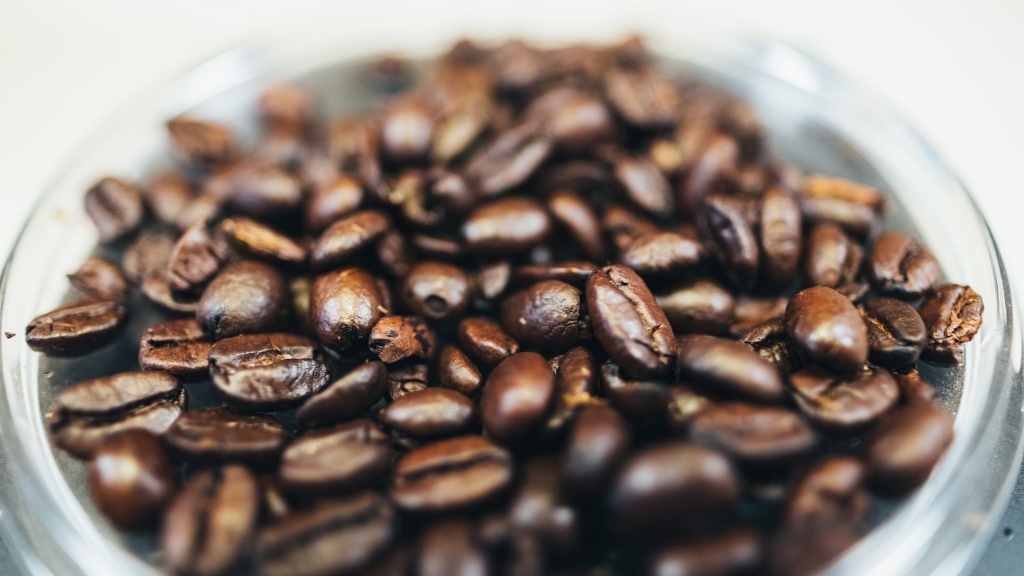The Effects of Drinking Coffee
Does drinking coffee make you more tired later? This is a question that has been asked by many, and that has a multitude of answers. Many people believe that drinking coffee will make them more alert, based on their own experiences, while others think that it will eventually lead to more pronounced feelings of fatigue. After researching the subject, we have come up with some interesting conclusions.
The most immediate effect of drinking coffee is alertness. Caffeine, the active ingredient in coffee, has a stimulating effect on the body, leading to increased levels of energy. It does this by suppressing adenosine, a neurotransmitter that usually helps the body to feel tired. This can also lead to heightened feelings of anxiety, as well as having a noticeable calming effect, depending on the person and the quantity of coffee consumed.
However, long-term consumption of coffee has mixed results. Many people report feeling more tired the day after they have consumed a lot of coffee. This can be attributed to the body’s natural response to caffeine, since the body will work to increase levels of adenosine in an attempt to regulate the effects of caffeine.
Additionally, consistent coffee consumption can lead to tolerance. This means that, in order to achieve the same stimulating effects, a person would need to drink higher amounts of coffee. This would result in a saturation of adenosine receptors in the brain, causing the suppression of adenosine at all times, leading to fatigue. Another possibility is that coffee can lead to dehydration, which can lead to exhaustion.
Therefore, whether drinking coffee leads to more tiredness later on depends on the quantity and regularity of the coffee consumed. It is best to limit the amounts of coffee consumed per day to avoid tolerance buildup and dehydration. Additionally, it is important to have regular periods without consuming coffee, in order to allow the body to stabilize naturally.
Coffee Addiction & Mental Health
As with anything else, it is possible to become addicted to coffee. This is because of the stimulating effects caffeine has on the body. When combined with a pleasure seeking reward system in the brain, this can lead to the development of a real addiction. If a person is addicted to coffee, they may experience withdrawal symptoms if they go without coffee for too long. This could include headaches, fatigue and irritability.
However, coffee addiction could also be a symptom of underlying mental health issues. Coffee might be used as a way to escape negative or upsetting thoughts as well as to escape difficult emotions, leading to a reliance on coffee to feel okay. In this case, it would be beneficial to reach out to a mental health professional for guidance in order to manage any underlying issues which could be contributing to the addiction.
Additionally, coffee is linked to different mental health disorders, from anxiety to depression. Because caffeine is a stimulant, it can lead to overstimulated feelings, amounting to a feeling of being overwhelmed. This can border into more serious mental health issues, such as panic attacks. In this case, it is crucial to be mindful of the amount of coffee consumed, in order to avoid any adverse reactions.
Coffee and Performance
Coffee is often used as a physical and mental performance enhancer. Many people use coffee before they exercise, in order to gain an extra boost of energy. Others use coffee to stay awake longer and focus better while doing tasks.
However, the results of coffee consumption can be unpredictable. Caffeine is known to increase levels of cortisol in the body, which is the body’s main stress hormone. This could lead to a feeling of anxiety, which could lead to poorer physical and mental performance.
Additionally, it might be more beneficial to use more natural means to increase physical and mental performance. For example, regular physical activity and healthy eating help to increase energy levels and improve focus, without the need for stimulants.
Coffee and Health
As with anything else, excessive consumption of coffee can lead to health issues. Coffee can bring about increased heart rate, leading to feelings of anxiety and restlessness, as well as to more serious issues such as high blood pressure, heart arrhythmia and insomnia.
Additionally, it is important to limit the amount of sugar added to coffee, as this could lead to weight gain and other health problems. It is also important to be mindful of the type of coffee consumed. Some types of coffee contain higher amounts of caffeine, which could lead to caffeine intoxication, resulting in symptoms such as confusion, heart palpitations and, in extreme cases, seizures.
Therefore, it is important to be mindful of the amount of coffee consumed and to consider the quality of the coffee consumed. If any symptoms arise when drinking coffee, it is important to consult a healthcare professional.
The Bottom Line
In conclusion, it is impossible to give a definitive answer to the question: Does drinking coffee make you more tired later? This depends on the amount of coffee consumed, the frequency of consumption, the presence of underlying mental health issues and the individual’s own physical and mental constitution. It is best to determine what works best for each person by experimenting with different amounts of coffee, while still keeping a close eye on any adverse effects.



